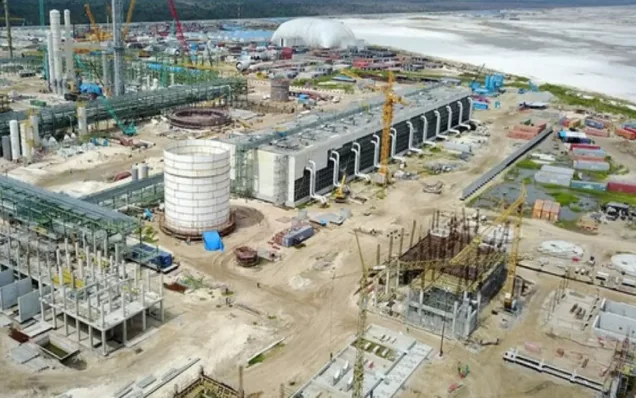Fuel marketers have identified high cost of transportation as a major cause of fuel scarcity in Abuja.
A former chairman, Major Oil Marketers Association of Nigeria (MOMAN), Tunji Oyebanji, told The PUNCH that the Federal Capital Territory constantly witnessed fuel scarcity due to high cost of diesel.
According to him, a litre of diesel sold for N600 when compared to N165 litre petrol price.
Diesel is a deregulated product unlike prices of petrol which are currently being fixed by the Federal Government.
Oyebanji told The PUNCH during an interview that “to move diesel from Lagos to Abuja is costlier”, noting that truck drivers preferred to load diesel than petrol. He added that other states of the federation, aside Abuja and Lagos where government currently relaxed petrol price monitoring, were likely to get more products than those where prices were being monitored.
“The transporters are no longer putting all their trucks on the road again. They will prefer to ignore the person who will sell at N165, and go to another person who sells at N200 because they have added that higher cost of diesel. So, because NNPC is the one bearing all the brunt and bringing the product, they have just enough to make sure the price remains at N165. And then, some of those products cross the borders. Don’t forget, as I have said, because the price of crude is $120, the price of refined products has gone up. That means for all our neighbouring countries that don’t have regulated prices like ours, the price has gone up there too. So, the margin you can make if you manage to carry 50-100 litres across the border to Benin, Coutonou, Niger, Cameroun is high. You can buy at N165/litre here and sell at N400/litre there.
“The profit you make there is enough to eat. So, everybody gets involved in the business. The NNPC is bringing just enough to keep balance. So, the market is experiencing what we call uneasy calm. The price doesn’t reflect the market. That is why you don’t get enough trucks to go to Abuja because the enforcement of N165 is very strong in those places. But if it is to go to Maiduguri and other states where price control is low, you will have no problem finding trucks because prices will reflect the market there,” he said.
The crisis in Abuja began in 2021 after the government announced plans to remove fuel subsidy. Similarly, gasoline shortages surfaced in Lagos in February.
Although the government said the shortages were caused by discovery of high amounts of methanol in imported fuel, the crisis has lingered for months, especially in Abuja.
As a result of the scarcity in Abuja, black market sales have since boomed to a litre currently being sold between N300 and N400.
President of the Independent Petroleum Marketers Association of Nigeria, Chinedu Okoronkwo, also corroborated Oyebanji’s position.
Okonronkwo was quoted as saying that the problem was caused by the high cost of diesel used by petrol tankers.
“The huge amount spent on running the diesel trucks to transport fuel to Abuja is the reason for the ongoing fuel queue,” he said. “Well, you will agree that currently there is no fuel queue in areas like Lagos and Port Harcourt where the proximity of getting the products is not far.
“You see, there is no scarcity in those areas. The issue is diesel. The cost of moving it is very high now. The current N165 per litre pump price for petrol cannot fit into the present realities without the pricing template being reviewed.
“And I think that is why NNPC is doing everything now to see how they can cushion the effect,” Okoronkwo said.
He said the authorities were trying to resolve the problem.
Source Punch














